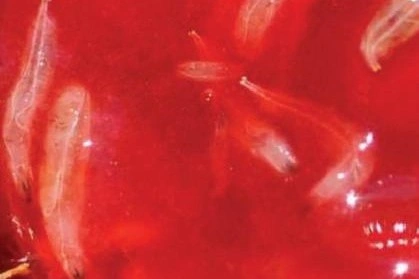The Meda cherry varieties continue to generate growing international interest. This is confirmed by Giampaolo Dal Pane of Dal Pane Vivai, who this month organized the Meda Day at the Fruit Tech Campus in Geldermalsen, the Netherlands, followed by an event hosted by the Dutch licensee Vernoji family—a true institution in cherry farming, also known for their original and highly interesting cherry museum and 18 hectares of orchards protected by rain covers and insect nets.
The Dutch company planted Meda varieties three years ago and this year harvested its first fruits. In addition to the field visit, the events featured a detailed presentation by Alejandro Navarro from Ivu Chile, the company behind the project, which has granted exclusive rights in Europe to Innovation Fruit.
The global expansion of Meda varieties
The key players in this entrepreneurial story explain: “Today the Meda project involves over 1,200 hectares allocated worldwide, with around 400 hectares already planted.”
In the United States—particularly in Washington and Oregon—250 hectares have been allocated, with 10 already in production by McDougall & Sons.
In Chile, 600 hectares have been assigned, with 400 already planted and 12 exporting companies involved. The goal is to grow in a coordinated way to ensure a stable and controlled presence in the markets.
There is strong interest from China, supported by the variety’s excellent post-harvest shelf life, allowing for effective marketing even after 30–40 days.
And the expansion goes even further. In South Africa, 100 hectares have been allocated to Dutoit, one of the country’s leading operators.”

Europe: trials in 24 locations
Across the Old Continent, Innovation Fruit has launched 24 trial sites in 12 countries, with around 100 hectares dedicated to experimentation. In Spain, 100 hectares have been allocated to the Raventos Cinca group.
Alejandro Navarro highlights how Europe presents diverse needs: “Northern regions seek early-ripening varieties suitable for greenhouse cultivation, while southern areas prioritize early maturity and high quality—a segment where Meda varieties can offer true added value.”
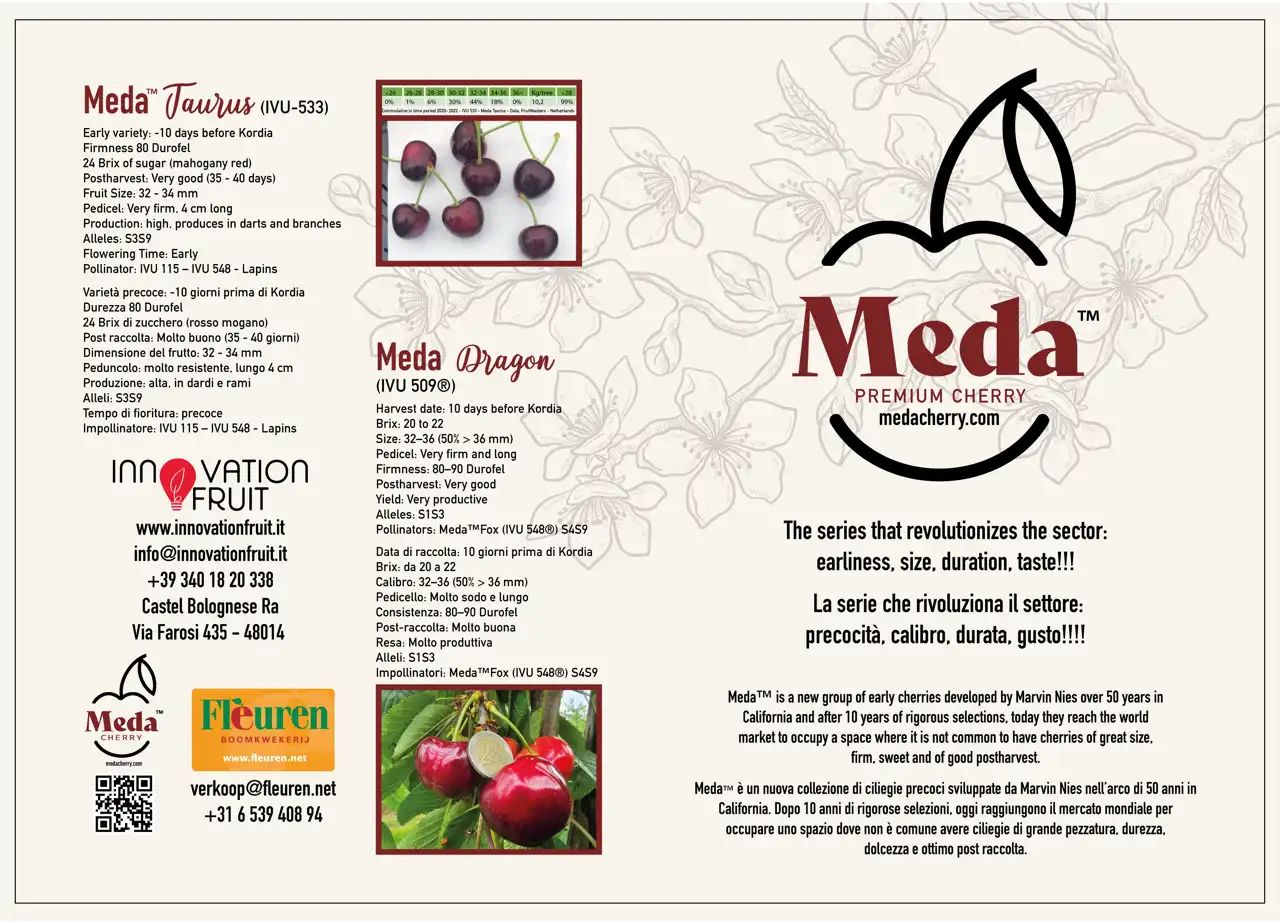
The varieties and their characteristics
After four years of continent-wide evaluation, Meda cherries have proven to occupy an early harvest window while, as the producers emphasize, “maintaining standout quality traits: sugar content over 18–20 Brix,
caliber above 30 mm, and firmness exceeding 80 Durofel. These features are rare among early varieties, making the Meda project particularly appealing for high-demand markets.”
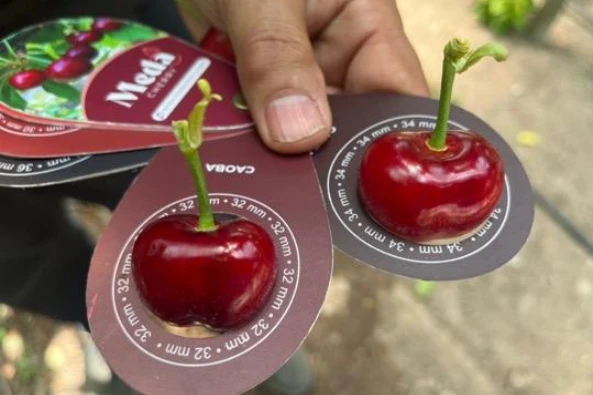
Adaptability in Northern and Southern Europe
In Northern Europe (Norway, Switzerland, Germany, the Netherlands, England, Hungary, Romania, Moldova, Slovakia), the varieties that have shown excellent results, according to growers, are: Meda Rex, Meda Tiger, Meda Taurus, Meda Dragon, Meda Bull.
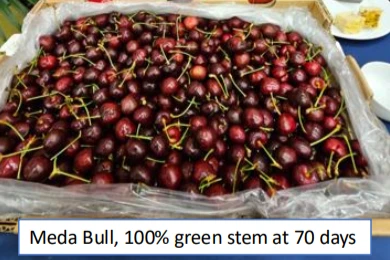
All have high productivity, good resistance to spring frost, and high sugar levels. Flowering is consistent and not excessively early, which is an advantage in critical seasons.
In Southern Europe (France, Spain, Italy, Greece, Turkey), the most promising varieties are: Meda Fox, Meda Tiger, Meda Dragon, Meda Bull. In particular, Meda Fox was selected for its tolerance to cracking, and the first plantings are already underway in Spain and France.
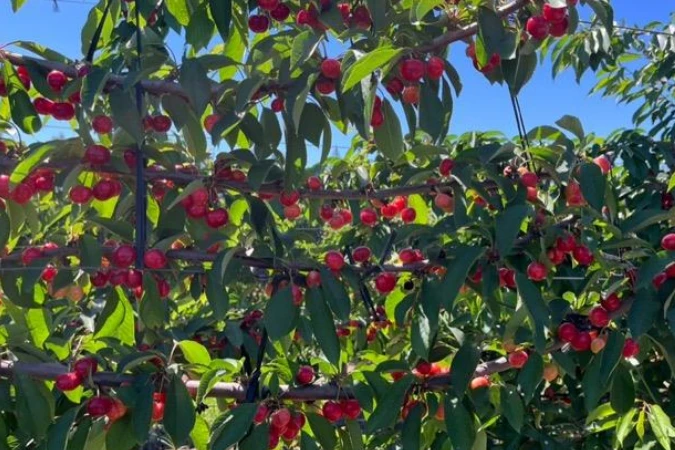
A long-term project
The Meda varieties are being promoted under the SRP model (System of Permanent Renewal), which enables structured and sustainable variety management, supported by technical tools such as the varietal manual developed with the Avium group.
The aim is to avoid agronomic missteps and maximize the varieties’ quality potential. With these foundations, Meda cherries are poised to become key players in the new strategies for production and internationalization of the cherry sector.
Images source: Giampaolo Dalpane, Innovation Fruit
Gian Basilio Nieddu
Cherry Times – All rights reserved











